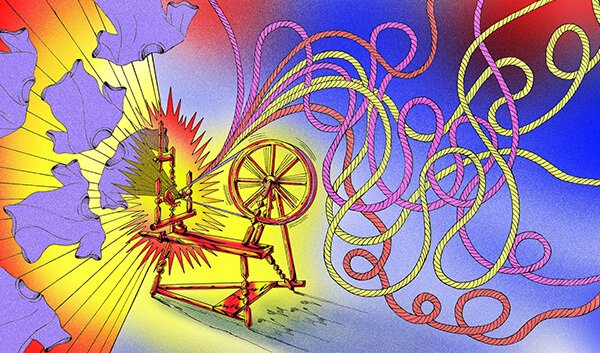This website uses cookies so that we can provide you with the best user experience possible. Cookie information is stored in your browser and performs functions such as recognising you when you return to our website and helping our team to understand which sections of the website you find most interesting and useful.

The Company Starting to Break Down Fashion’s Waste Problem
Margaret Rhodes June 2, 2021

It started with an offhand request. Entrepreneurs Peter Majeranowski and Conor Hartman were testing a way to recycle the fibrous stalks left over from tobacco farming, using hydrothermal pressure to turn them into pulp for paper, when a Swedish commodities trading company called up with another idea. “They were like, ‘Hey, this pulp stuff you’re doing is great, but can you try putting a t-shirt through your machine?’” Majeranowski recalled.
They obliged, and as luck would have it, it worked. Most importantly, it worked on polyester-cotton blends, the most common textile produced by the global fashion industry. Until recently, any recycling process that preserved the polyester polymers would degrade the cotton fibers, and vice versa. This has led to a major buildup in fabric waste. Every second, a garbage truck’s worth of clothing and textiles gets incinerated or tossed in a landfill, according to a 2017 report from the Ellen MacArthur Foundation.
As it turned out, Hartman and Majeranowski’s Virginia-based company, Circ, was able to do both. Business changed overnight, Majeranowski said. “Suddenly, we’ve got the fashion industry cold-calling us—brands you’d see in any mall in Anytown, USA—who wanted a circular recycled textile solution.”
Circ’s process involves a combination of water, heat, pressure, and chemicals, which break down and purify the textile fibers, recovering 90% of the original materials. So far they’ve recycled only about 12 tons of apparel waste, but the co-founders say they have the capacity to do two tons per day once their partnerships ramp up. Outdoor gear-maker Patagonia Inc. and Japanese trading company Marubeni Corporation are investors, and Patagonia is already funneling some of its worn-out clothing through Circ’s machinery.
The pair also expect to begin producing fully recycled garments later this year through a collaboration with Fashion for Good, which works with major brands and retailers such as Kering Group and Target Corp. to promote sustainable practices and technologies.
Other companies use similar biochemical or thermal pressure processes to dissolve old materials, but Circ’s edge comes from its ability to work with blended fabrics, said Greg Curtis, Patagonia’s general counsel on investments. “When you look at the total addressable market for fast fashion, and the poly-blend rubbish that comes out of it, that really does set them apart,” he added.
The company’s history begins in 2010, when the market crash dried up Majeranowski’s previous work with an overseas investment group. He got interested in biofuels, and eventually met Hilary Koprowski, a Polish immunologist known for his pioneering work on the Polio vaccine. At the time, Koprowski was looking into whether tobacco plants—which grow easily and have a well-known genome—could be genetically modified to produce antibodies for a vaccine. (In 2014, they would be: Icon Genetics used tobacco plants to create the ZMapp Ebola vaccine, though Koprowski wasn’t involved.)
While in the lab, Koprowski started pursuing another question: If tobacco plants could be genetically modified one way, to produce antibodies, could they be modified in other ways—for instance, to produce chemical alternatives for fossil fuels?
Majeranowski, a business school classmate named Iulian Bobe, and Koprowski created Tyton Biosciences in 2011 to monetize their research, and in 2013, Hartman joined to lead operations. (Koprowski died in 2013, and Tyton rebranded as Circ in 2020.) Hartman had previously worked in international policy for groups such as the Carter Center, which heavily informed his desire to find a new way to develop fuel and jobs without causing harm to the environment. “We wanted to generate something that could breathe life into rural communities,” he said.
What followed was a period of research and reinvention. Around 2016, investors lost interest in biofuels, so Majeranowski and Hartman started looking for new ways to apply the technology they’d developed. A conversation with Kentucky farmers led them to the paper pulp idea, and the pair decided to make a play in the packaging industry. Then came the T-shirt experiment. “The pulp wasn’t solving an acute need,” Majeranowski said. “McDonald’s wants napkins made from recycled paper, but it doesn’t need that in the way the fashion and apparel industry is feeling the strain right now.”
Demand for polyester is a major driver of petrochemical extraction, said Rob Kaplan, founder of Circulate Capital, which invests in recycling technologies similar to Circ’s. But because new polyester is cheaper than both recycled polyester and natural fibers, “no one has figured out how to crack the code on making money on recycled materials.”
Circ won’t disclose the price of its recycled fibers; its closest competitor, a subsidiary of fast fashion retailer Hennes & Mauritz AB (better known as H&M) won’t talk about prices, either. However both say the cost of their recycled textiles should be comparable to new.
A positive climate impact would be a key selling point for any business marketing recycled textiles, but proving that will be tricky. Because there’s so little accountability data in the fashion industry, there’s no generally accepted baseline from which to measure. “What we really need to see from these companies is reporting,” said Maxine Bédat, founder of New Standard Institute, which publishes sustainability resources for designers. “We need to know how great this innovation is in terms of greenhouse gas emission figures, and so far we’re not getting that.”
Right now, Circ is focused on growth. Majeranowski and Hartman describe a “chicken and egg situation” in which nobody wants to collect and sort apparel waste until they have a buyer or for it. “Our solution right now is we need to scale for that all to make sense,” Majeranowski said.
Things are moving fast, Majeranowski said. “We joke now that we were like, is recycling a t-shirt a thing?” he said. Now they’re sure. “It’s a thing.”


